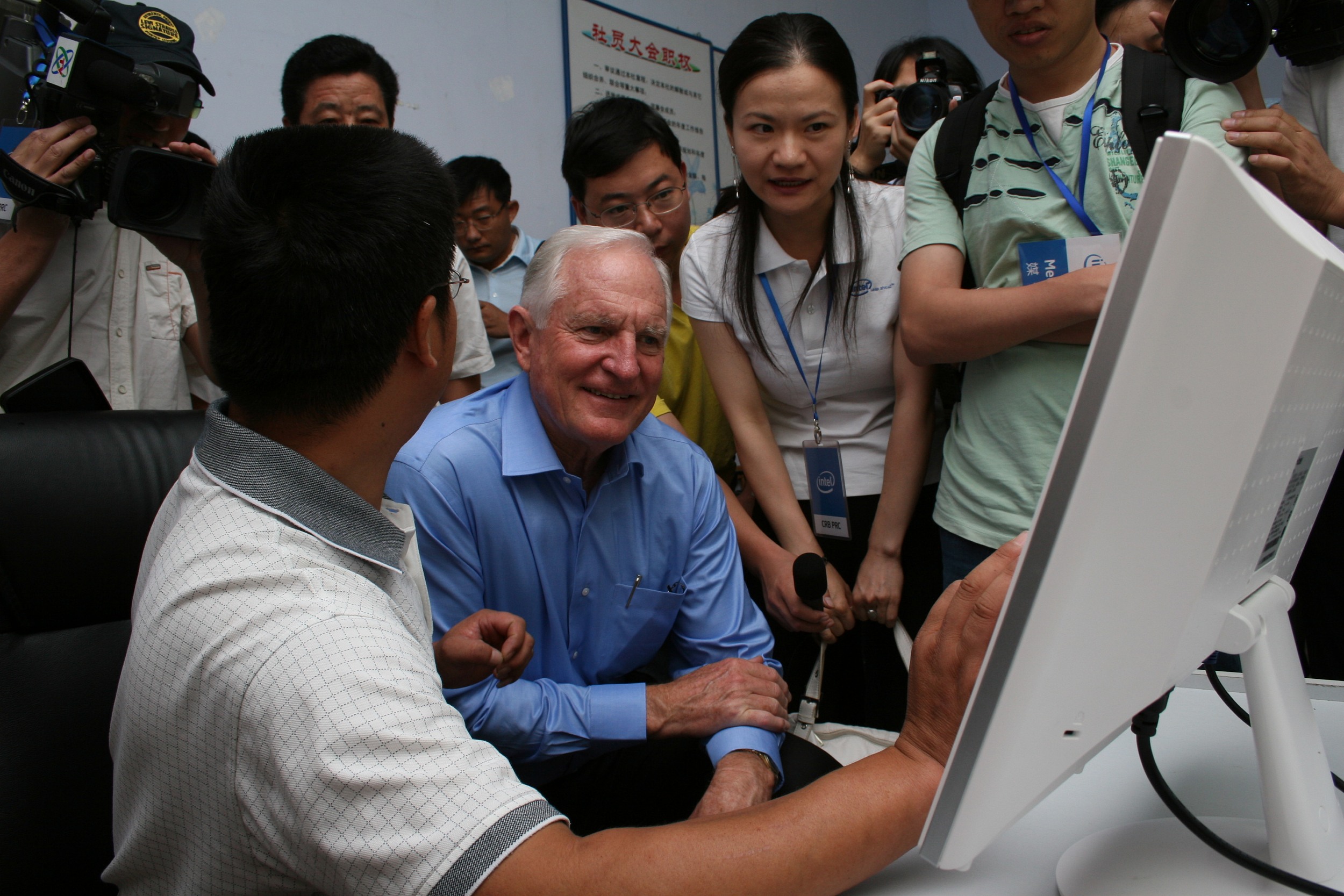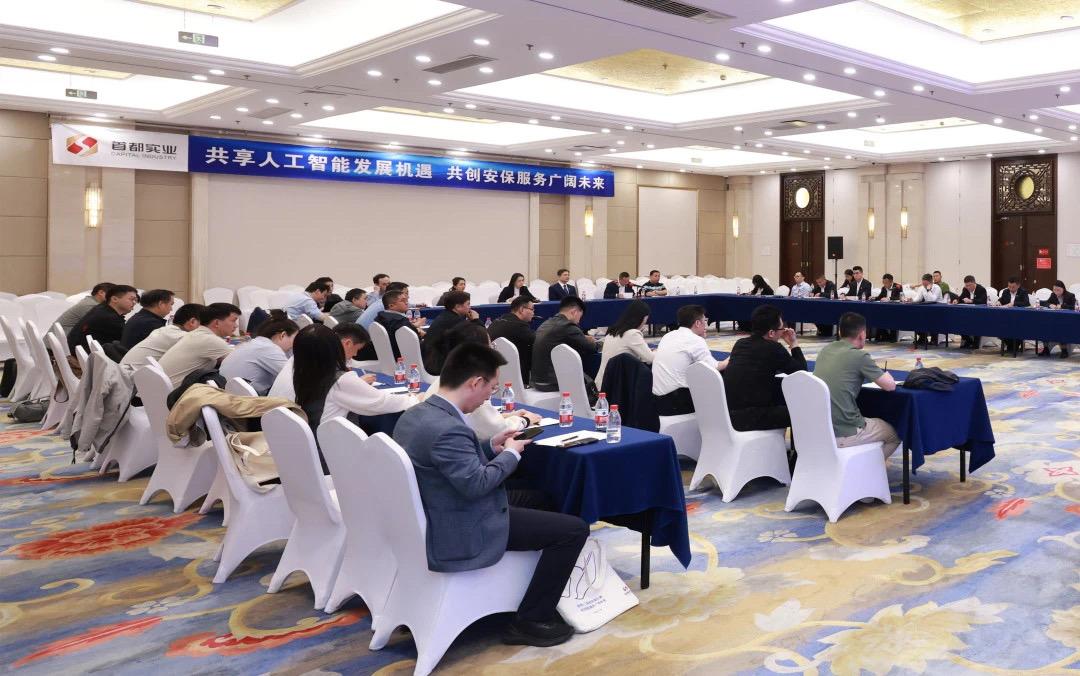Geopolitics Must Not Block Sci-tech Cooperation

Former CEO of Intel Craig R. Barrett visits Xuchang in Henan province in 2007. (PHOTO: VCG)
By QI Liming
A short-term extension of the U.S.-China Science and Technology Agreement (STA) expires this February and Denis Simon, affiliated with the Institute for China-America Studies, told South China Morning Post on February 2 that as a consequence, the U.S. was "very concerned" about American scientific personnel being detained or not being able to return home from China. However, although this statement seemed to signal? the legitimate concerns arising from the lack of renewal of the agreement, in reality, it cannot stand up to scrutiny and is groundless.
China has long welcomed communication and exchanges with the U.S., but the U.S. has long maintained a hegemonic mindset in its dealings with China. In Washington, being "anti-China" seems to have become a form of political correctness, and sci-tech cooperation has not been immune to manipulation by U.S. politicians.
Actually, sci-tech cooperation between China and the U.S. should be a positive move for the two major economies to benefit the future of humankind. In this regard, for more than 40 years, the STA has become the largest cooperation mechanism between the two countries in the field of science and technology. Naturally, this mechanism is not only beneficial to China, but a mutually beneficial framework between the two sides.
As for the renewing of the STA, Nicholas B. Dirks, president and CEO of The New York Academy of Sciences, said that geopolitics should not get in the way of scientific cooperation with China. "From my perch as president and CEO of The New York Academy of Sciences, I strongly believe that it is in the interest of global science to advocate for the agreement’s full renewal," he said.
Renewing the agreement is not just a nod to the past decades of fruitful collaboration, but also a commitment to a future where science, innovation and progress continue to thrive. It's a declaration that even in times of discord, the pursuit of knowledge and understanding remains a firm bridge between nations, said Dirks.
Meanwhile, Simon said the fact that the U.S.,?is now, "Talking about de-linking from China, or de-risking, a popular word right now, when China has something meaningful to offer us, is ironic." A new version of the STA, in which there was a shared vision, could yield a one plus one equals three outcome; a synergy in which both countries could benefit, said Simon.
"I do not know of any global challenge problem, including climate change, global pandemics, etc., that can be solved in any kind of meaningful way without the direct cooperation and collaboration between the U.S. and China," he added.
Since its inception in 1979, the STA has laid the groundwork for an unparalleled exchange of knowledge, talent and resources between two countries that are scientific powerhouses. Collaboration enables scientists from different nations to pool their expertise and resources, thereby accelerating the pace of discovery. This benefits all of humanity and should be at the heart of any decision on renewing the STA.
Science and technology have always thrived on the exchange of ideas, cross-border collaboration and the free flow of information. Attempting to isolate nations from one another's scientific pursuits will stifle progress, hinder innovation and hamper our collective ability to tackle global challenges, said Dirks.
Incomprehensibly, Chinese students arriving in the U.S. were denied entry without probable cause every month for the past few months.?On January 28, the Chinese Embassy in the United States celebrated the 45th anniversary of China-U.S. student exchanges and the 2024 Spring Festival Gala for Chinese and American youth. Speaking at the event,? the Chinese Ambassador Xie Feng to the U.S. said that scientific progress can only be achieved when the brightest minds are brought together. "The dynamism of thought springs from mutual learning, and scientific progress would be impossible without exchanges," said Xie.
All in all, hegemonism should not become the roadblock to sound sci-tech relations. Despite differences in ideology and political systems, the pursuit of scientific knowledge, understanding and solutions transcends borders and obstacles. This is the call from scholars and scientists around the world.







